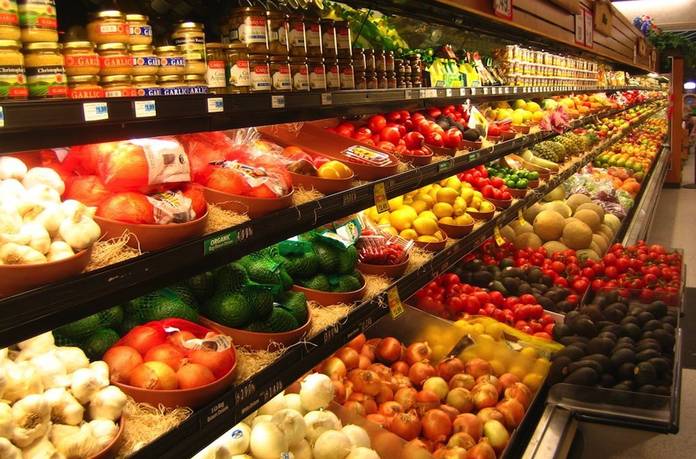
I joined the #wastefree movement for a week to find out how much going plastic free actually costs
We all use too much plastic. So much plastic that there’s an entire plastic island floating in the Pacific Ocean, fish washing up with bellies full of q-tips, and birds trying to feed their chicks on plastic cable ties.
Slowly but surely, consciousness around the amount we waste is growing. Those trendy water bottles are everywhere, we’ve got a lot better about taking our own bags to the supermarket, premium eco-brands flaunt their low-plastic packaging, and the #plasticfree and #wastefree hashtags have hundreds of thousands of pics on Instagram.
But are we finally managing to bridge the gap between that girl who managed to fit two years worth of trash in a jar and, well, everyone else? Is it possible to find a normal practicable way of cutting down what we throw out that we can all be part of – regardless of how much spare time, money and desire to take part we’ve got?
My theory is it’s not. I decided to spend one week without buying or throwing away any single-use plastic, to see how much it would cost me in time, and money.
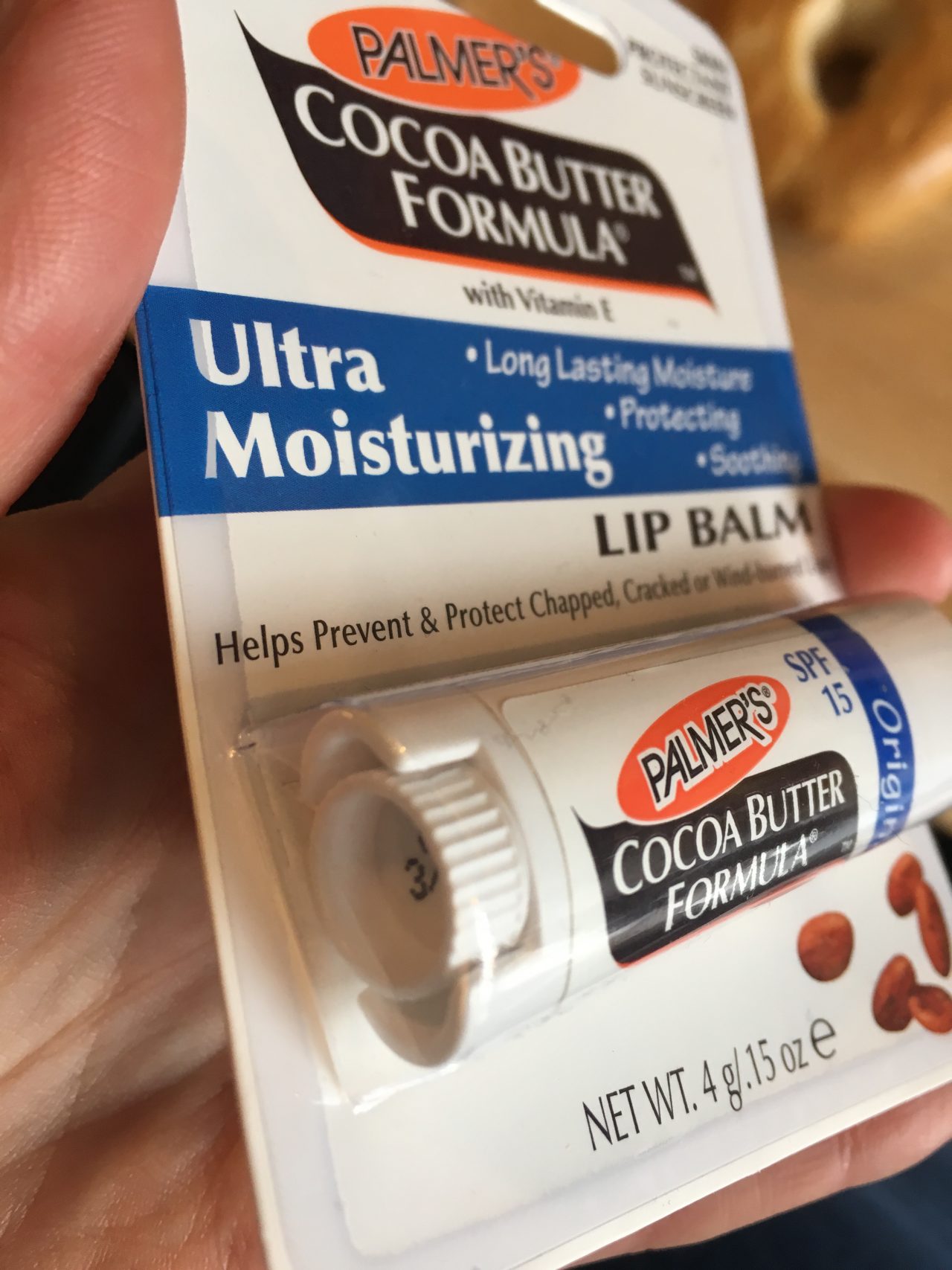
Putting it to the test
Once you start looking for plastic, you see it everywhere. In the days leading up to the start of my ‘experiment’ I bought a plastic lip-balm, with protective plastic wrapped around it. I bought an orange (designed by nature to have a handy protective skin) and it had plastic around it. We're living in some kind of plastic Inception. Wrapping things in plastic has become our norm, the people who reject it are still a minority.
To make sure I was ready for my mission I contacted one of those people – Beth Terry, who runs the My Plastic Free Life blog. I'm worried about my initial outlay – the internet (and the hashtags) is awash with reusable coffee cups, stainless steel water bottles, wooden toothbrushes, cloth bags for my veg.
But Beth's not convinced by my theory: “Yes, purchasing brand new plastic-free containers and bottles can be expensive,” she says. “But there are many other ways that living plastic-free actually saves money.”
Apparently, I was going about this in entirely the wrong way. Rather than focussing on how much new stuff I need to buy, and how much it’d cost, I should be thinking about what I’m not buying.
“Being an ethical consumer is about more than just buying ‘green’ products,” Beth says. “A more ethical choice is reducing what we buy in the first place and choosing secondhand items when possible.”
Beth directs me to her blog where she details all her ‘ethical’ swap-ins. It’s got lots of good ideas on it – using a jar rather than buying a new stainless steel water bottle might be less insta-friendly, but it sure is cheaper. I reluctantly close the ‘10 Best Reusable Bottles Of 2017’ tab on my computer, wash (and rewash and wash again) an old pickle jar I found in the cupboard. Beth just saved me 20 quid.
But there’s also stuff that I’m just not ready for. Beth’s given up expensive cosmetics and cleaning products in favour of baking soda: baking soda as deodorant, baking soda as shampoo, baking soda as an all-purpose cleaner for dishes, the stove, work surfaces.
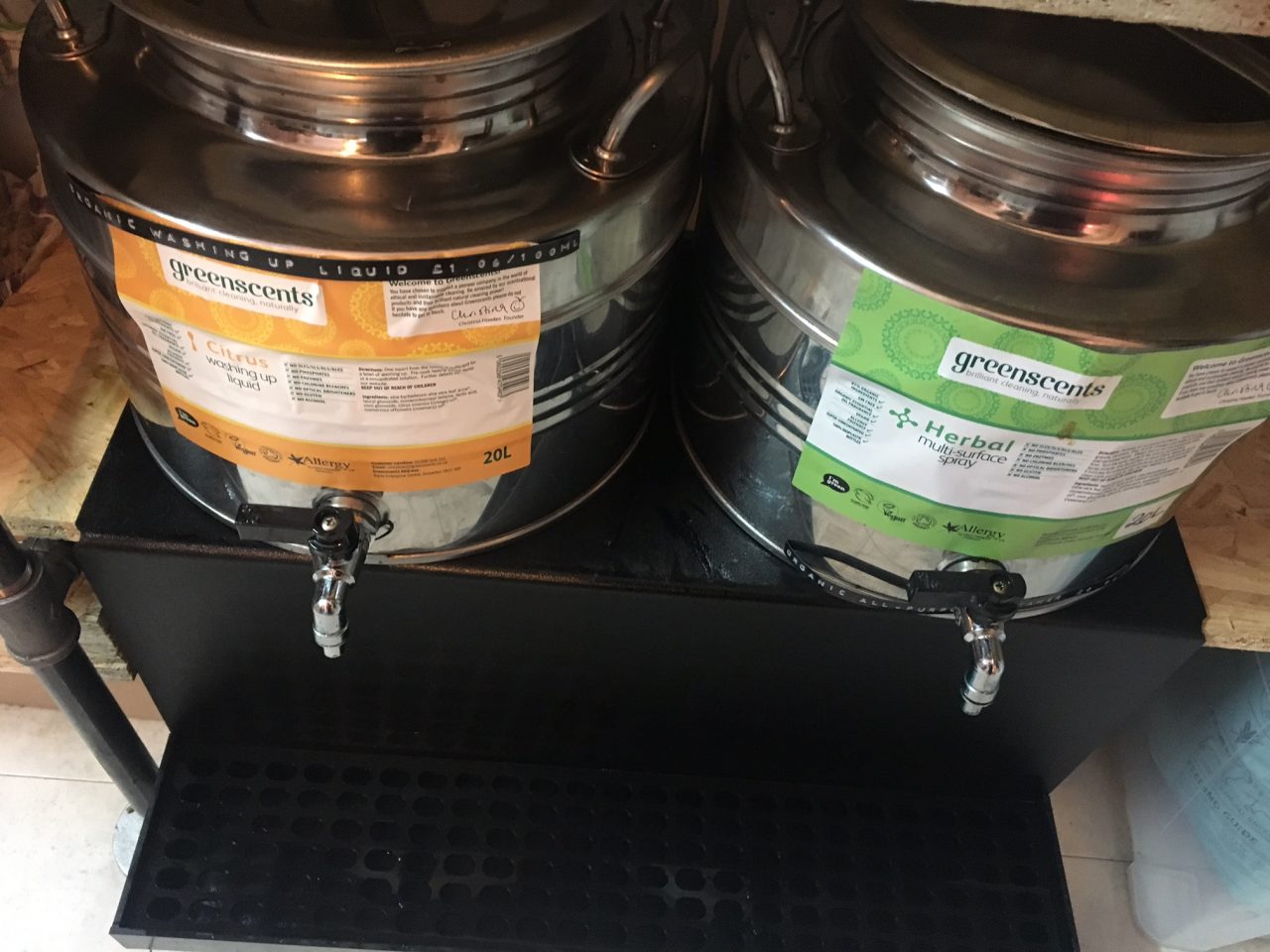
The trouble with washing up liquid
It’s super admirable. But it’s not for me. And when on the very first day of my week-long experiment I got the text I’d been dreading – “can you pick up some washing-up liquid on your way home please x” – I set about looking for another way.
There are a lot of so-called eco-friendly washing-up liquids on the market. Most of which come in biodegradable plastic, and most of which don’t cost that any more than Fairy Liquid. But according to a UN scientist, those ‘biodegradable’ plastic bottles are a “false solution” to the problem of plastics in our oceans, and still don’t break down fast enough.
Ecover, one of the UK’s most recognisable eco-cleaning brands, apparently offers refills in selected stores. But the website was down so I couldn’t find out where to do that. I could buy in bulk online, but it wouldn’t be there in time to solve the problem of the mountain of washing up building up in my kitchen (also, confusingly, made of plastic).
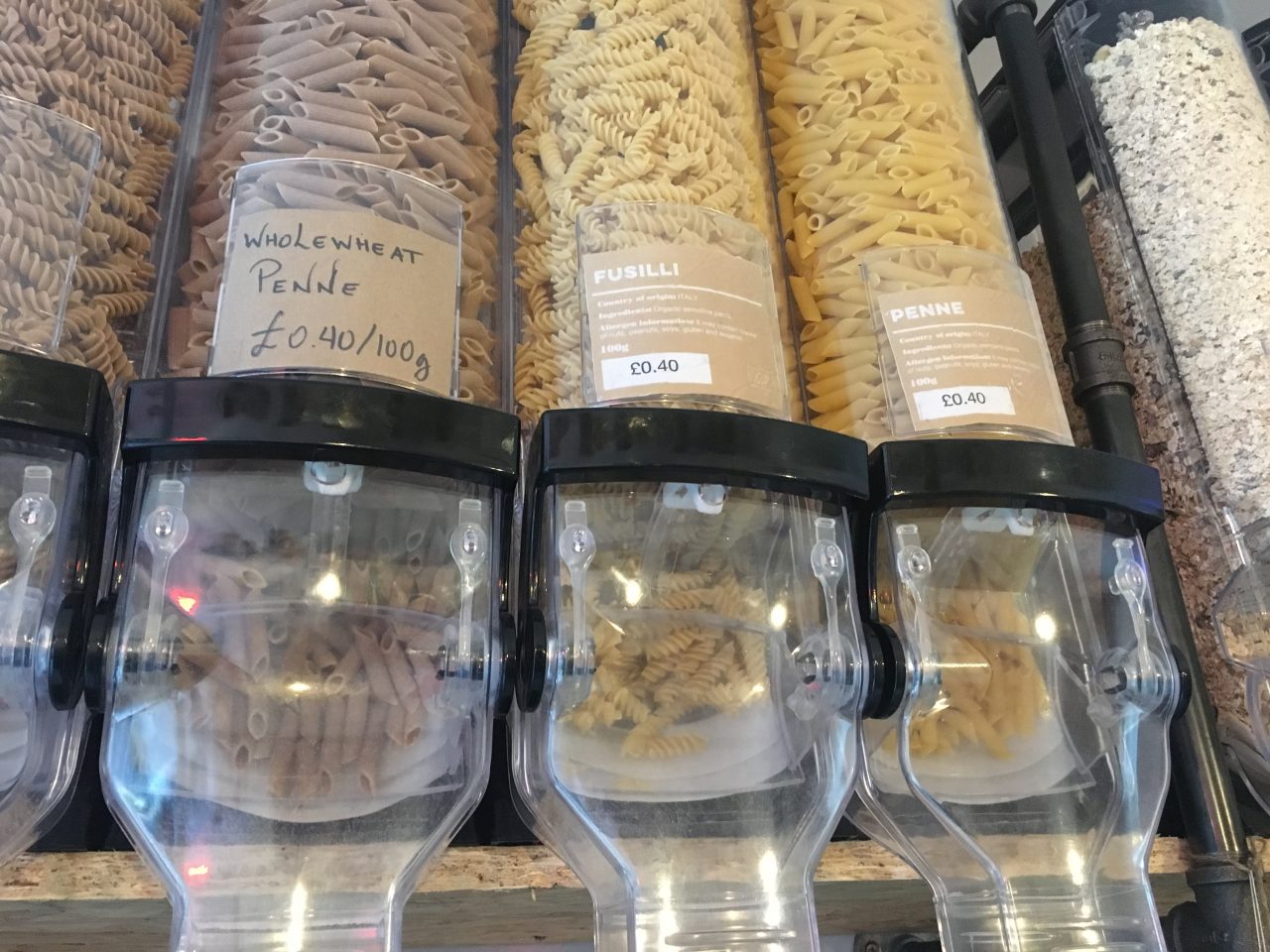
Hipsters to the rescue
By some stroke of luck, I find Bulk Market – a new ‘concept store’ that’s opened up near the Economy office in Hackney in London. Customers bring their own containers, and fill them up from big bulk jars. It’s only open until 1800 on Mondays, so I have to leave work early to get there (which doesn’t bode well for dispelling my theory that this isn’t possible for normal people with normal lives).
“This idea came from my own needs,” says Ingrid Caldioni, who launched Bulk Market as pop-up in late August. Like me, she wanted to be able to shop easily without creating waste, “but there wasn't anything like that in London".
The bulk market concept solves a lot of the problems I could foresee with my challenge – while fresh fruit and veg is now relatively easy to buy without plastic (although carrying six apples and a box of eggs home from the shop when you’re caught short without a bag is not exactly fun) store cupboard staples like rice and pasta are pretty bad culprits for single-use plastic.
But – as you could probably expect from an East London concept store, it comes at a price: washing up liquid is over £1 per 100ml (plus the cost of the jar, if, like me you don’t carry a glass bottle round with you on the off chance you find out you need some washing up liquid) in a supermarket Ecover costs around £2 a litre, Fairy around £2 a litre .
But the gimmick kind of works here. For those people who already have an interest in this stuff (and a few extra quid to burn) Bulk market definitely makes it easier, and the reaction online has been pretty immense. Plus I get a self-satisfied glow every time I do the washing up for the next week.
I do want to be really careful not to be snooty about this – the fact that it's fashionable is great. But I can’t help but be cynical. This only appeals to such a tiny group of people. How can it solve the problem on a bigger scale? A similar laundry detergent refill run by ASDA in 2011 was an absolute failure – there just wasn’t the interest, the supermarket said.
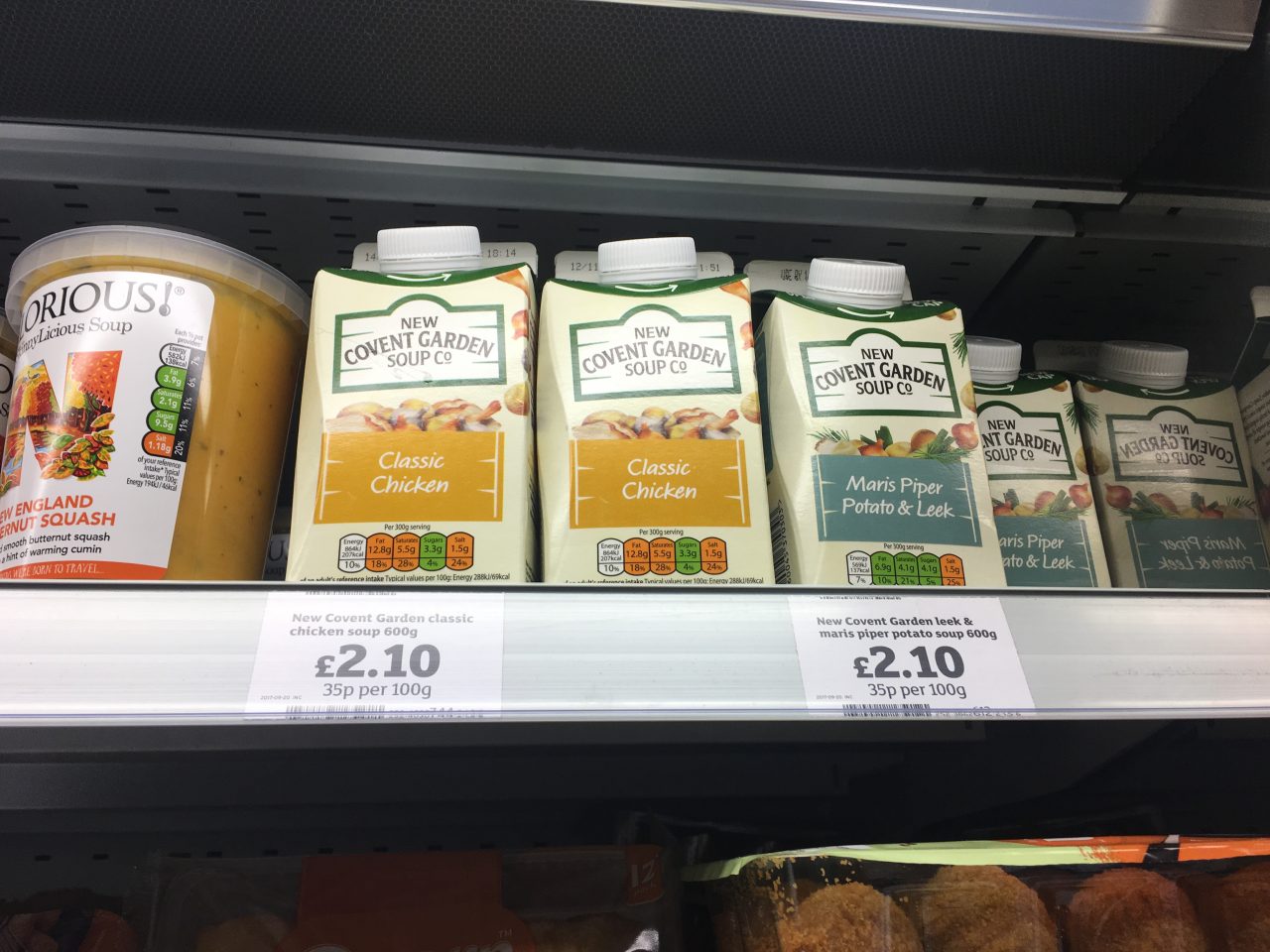
I wish I was a boy scout
Being waste-free is kind of like having a restrictive diet. It’s all fine if you’re prepared, but if you get caught out you’re in trouble. In fact, the majority of the time the only reason not buying plastic stuff was more expensive was because there’s so much less choice, and brands that do use non-plastic packaging tend to be premium. I forget my lunch one day and end up in the local Sainsbury’s trawling the shelves. In the end I plonk for a carton of soup, (it costs £1 more than an own-brand plastic pot).
Then there are the slip ups: I go to a football match and every pub in the surrounding area is serving pints in plastic cups. I ask for a bottle of beer instead, which sets me back £4 for 330ml – a pint's a fiver (#london). When someone else buys me a drink I think about the fish as I put my empty plastic cup on the top of an overflowing recycling bin the bar staff have hopefully put outside. ‘One more probably won’t make that much difference,’ I think guiltily.
We could all do with thinking a bit more carefully about how much we throw away. Beth’s words ring in my ear the whole way through my week living plastic-waste free – in a lot of cases it’s just easier to go without, rather than look for a plastic-free alternative.
Reduce, reuse, recycle: it’s a good mantra, but also one that puts the responsibility in the hands of the consumer – and at the moment I can’t help but think that responsibility is too much. Asking people to so fundamentally change their habits and go completely out of the way to find an alternative to Fairy Liquid feels like a very big ask. For enough people to change their behaviour in a meaningful way, it needs to be easy enough for everyone to do it without having to leave work early to get to a ‘concept store’.
It needs to be second nature, not an Instagram hashtag.



